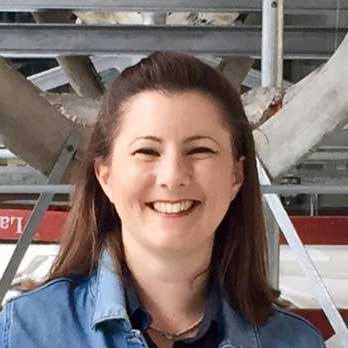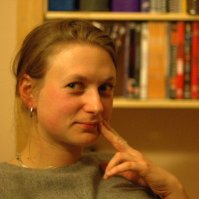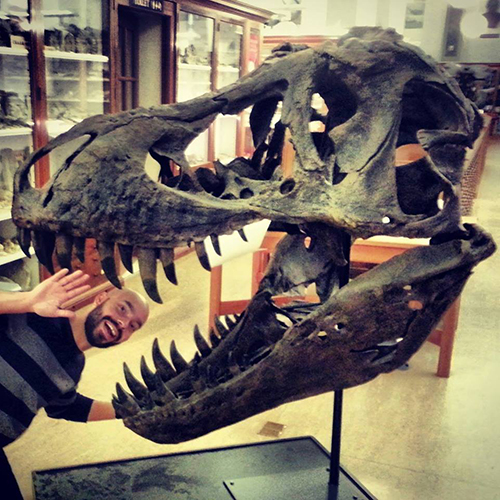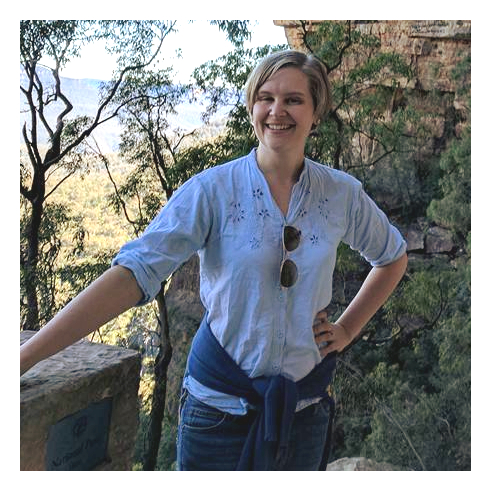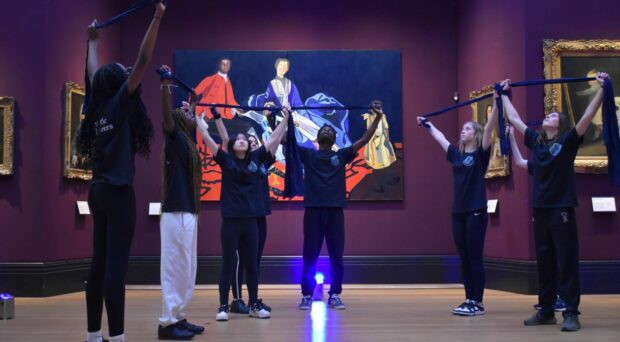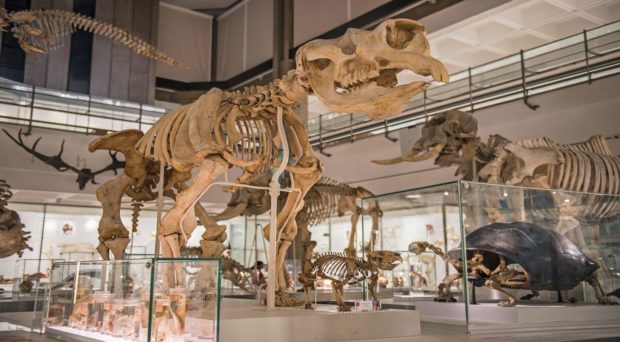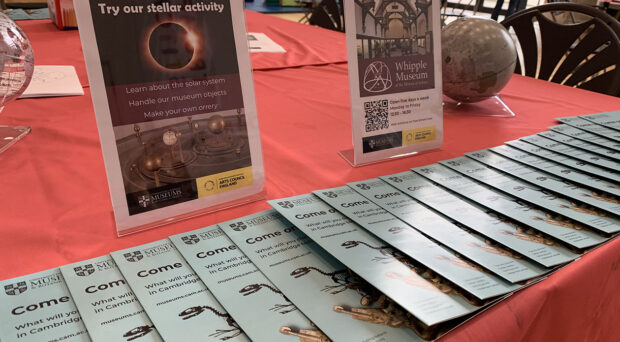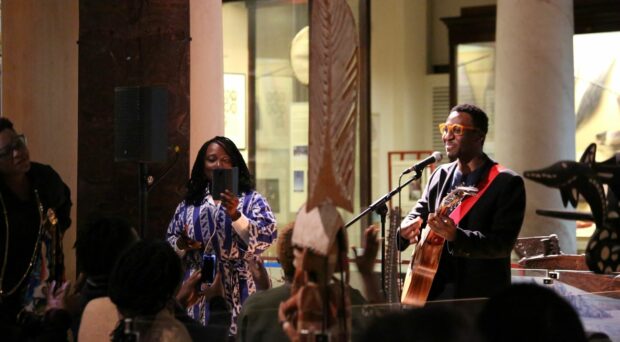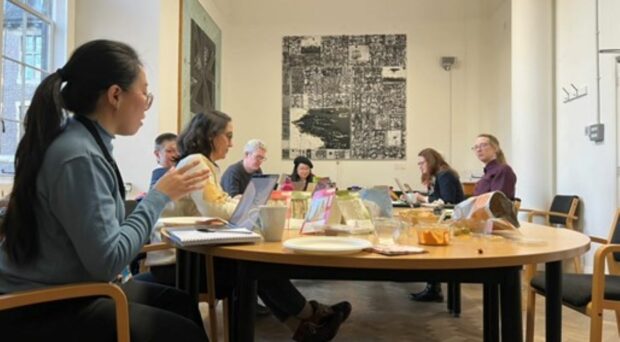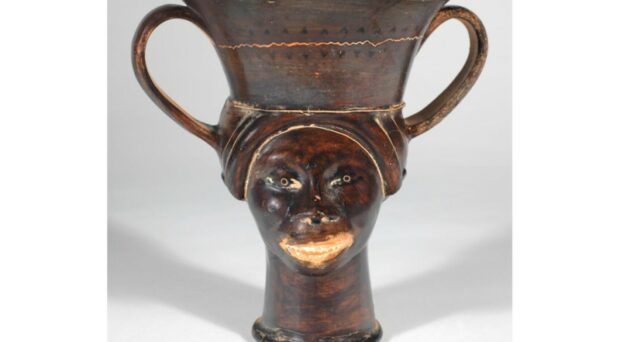The Museums Association Conference is one of the largest gatherings of museum folk in the calendar. The University of Cambridge Museums (UCM) organised or contributed to three sessions for the 2019 conference in Brighton.
Here are some of our highlights from an action-packed two days.
“I saw a group of people who just wanted to show their collections were open to all.”
Niki Hughes, Opening Doors Project Coordinator, University of Cambridge Museums
I am trying to think of a way to say that the best bit of the conference was the part that I was involved in, without sounding totally egocentric. However, it really was good and I got a lot out of it. We worked with Sacha Coward to create a panel of Queer Avengers (I personally felt that I rocked the mask and cape) from various museums.
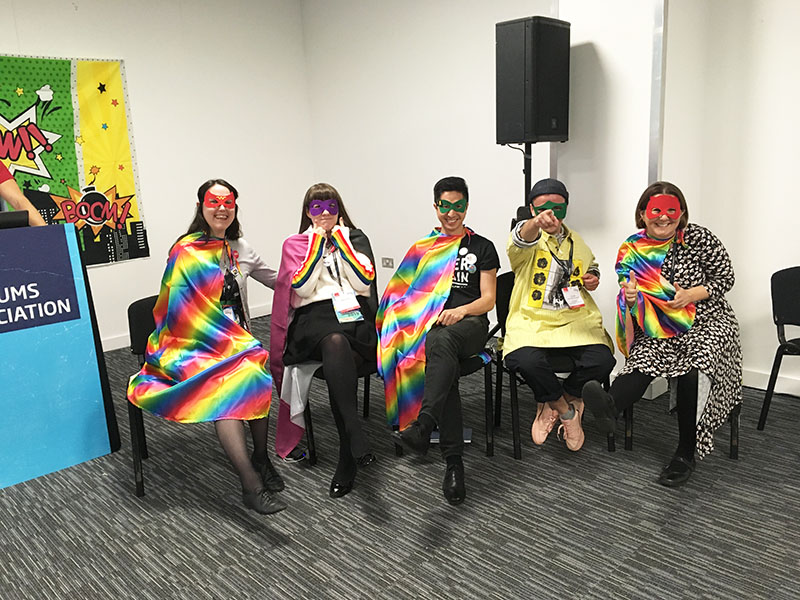
After an initial introduction we each spoke about why we were at that sessions and what we felt we could bring to it. I must admit, I was nervous. I felt like a fraud as I was surrounded by people from the LGBTQ+ Community who could talk with authority on the subject matter due to personal experience. This is not something I have. As the session went on, I realised why I was there and why it was hugely important to have someone on the panel as an ally. I looked around the room and I saw a group of people who just wanted to show that their collections were open to all. There was a sea of smiling faces who were focused on providing solutions for real examples of homophobic and transphobic behaviour (names and locations changed) that staff have been confronted with. Everyone wanted to help and support each other and I saw many business cards and email addresses being swapped so that the conversations could continue. This, coupled with a great brainstorming session over a super Burrito, really made my conference.
The most fun and thought provoking hour at #Museums2019 yet! Getting to wear a mask was a bonus! #QueerAvengers pic.twitter.com/VGQhVi3R48
— Michael Hardy ?️? ?️? (@MichaelCurates) October 3, 2019
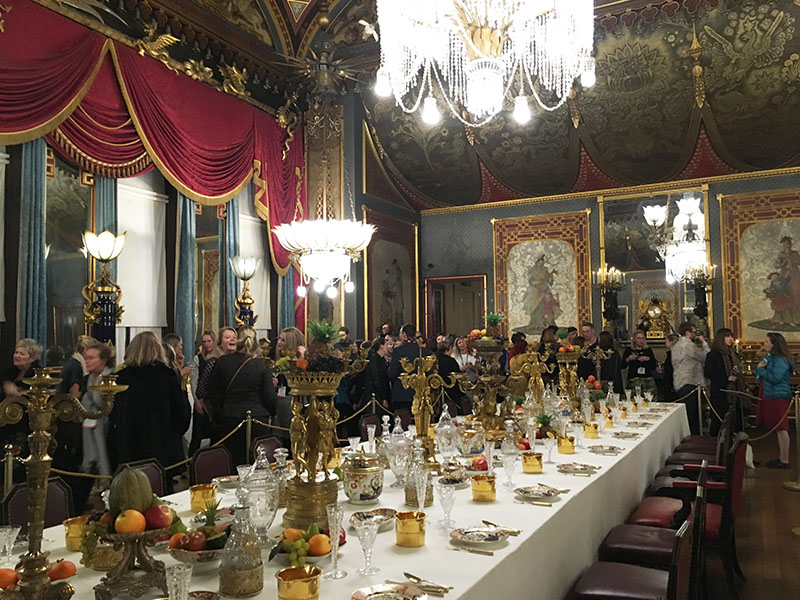
“Our learning programmes should nurture ways of thinking that can underpin the moments of activism we see blossoming within and beyond museums.”
Miranda Stearn, Fitzwilliam Museum Head of Learning and UCM Activity Lead for Learning
I found the focus of this year’s conference on ethics and sustainability helpful, and in many sessions found myself considering how the values and approaches we were discussing could be brought to bear in my area, museum learning. I was therefore particularly pleased to see sessions with a specific education focus (something of a rarity at MA) – a roundtable discussion convened by Group for Education in Museums and Engage on how museum and gallery education might help save the planet, and a session sharing the MA’s recent research into the current state of museum learning.
The former featured UCM’s own Liz Hide, and it was great to hear one of our Directors thinking through the distinctive role learning programmes might play in relation to promoting sustainable futures. As education staff across the UCM, we have already begun talking about how we can hold ourselves accountable and do better in terms of the sustainability of the materials we use in our activities and be transparent about this. The conference session took the conversation wider – in terms of how our learning programmes can support people of all ages to listen to Greta Thunberg’s call to ‘unite behind the science’ by providing scientific knowledge and understanding, but also crucially the critical thinking skills to understand evidence and challenge ‘fake news’. This enquiry-based approach to learning, supporting participants to ask questions and draw conclusions based on the objects they encounter in our collections, goes across collections disciplines. At their best, our learning programmes should nurture ways of thinking that can underpin the moments of activism that we see blossoming within and beyond museums. I am looking forward to working with colleagues, partners and participants to see how we can maximise the relevance of our practice in relation to climate and sustainability.
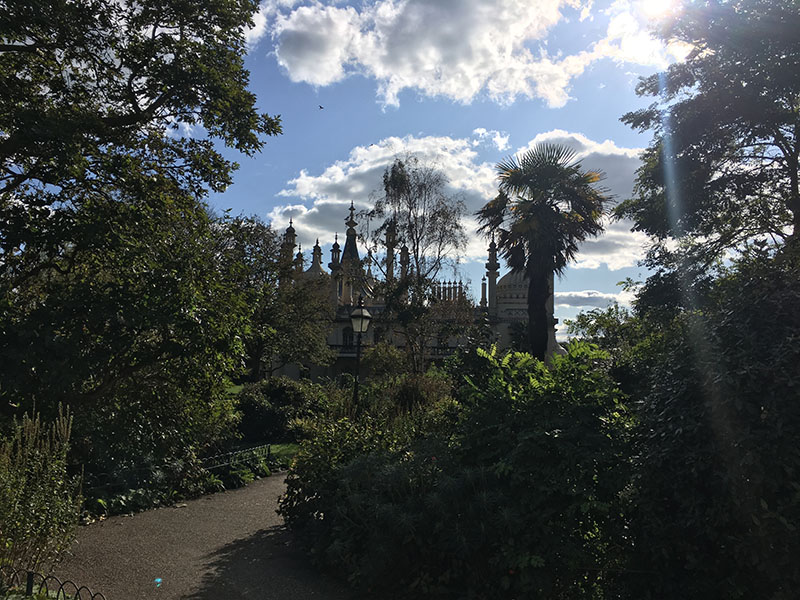
My final conference takeaway however comes from Ahdaf Soueif, former trustee of the British Museum who resigned earlier this year, who encouraged us to think about our responsibility for the objects but also our responsibility for the narratives we weave round them and make sure those narratives were deployed in the best possible way– recognising that this will depend on context but that we have responsibility to find the most urgent narratives for the current times.
“Africa has moved on”
Rob Theodore, Exhibitions & Displays Coordinator, Sedgwick Museum of Earth Sciences
This year’s MA conference was my third and by far the most stimulating and enjoyable. I felt a genuine desire for the sector to open up, be more accountable and break down some of the current ways of thinking.
The mood of the conference was optimistic and, despite the serious and sobering topics of the state of the planet’s environment and the levels of inequality between its human inhabitants, was also quite jovial. I didn’t ever expect to be at a conference where jokes about the sector’s mostly white, middle-class workforce were being dropped and were getting laughs! I felt much more comfortable there than in previous years and I hope this continues.
I found the discussions and presentations around decolonisation fascinating. There is not enough space to put all my thoughts down but the conference highlighted some of the very careful thought over the repatriation and display of material. My favourite quote was that ‘Africa has moved on’. The objects, the people and cultural practices are all very different to the 19th Century and it is not a simple case of ‘giving things back’. Opening up discussions with the object’s cultural origins and with the diaspora, as well as the political and cultural authorities of a country are key to dealing with this delicate issue.
This linked to another big theme of the conference – the need to move away from the hierarchies developed during the days of Empire and to open up museums to more collaborations with communities. I noticed, and I wasn’t the only one, that there were questions and comments about how museum language can be rather inaccessible and alienating. I feel like we’re very aware of this when we produce gallery interpretation and with teaching, but this needs to extend to the communities we engage with, how we broaden our museum workforces and attract different types of stakeholders to invest and support us. This push for more community-led practice also opened up questions about potential conflict between communities around objects, narratives and the museum space, taking us back to whether the museum still holds that power to decide.
“Share what you’re thinking … because you never know who else is thinking the same way and wants to help you or join you.”
Jenny Williams, Education & Outreach Assistant, Museum of Archaeology & Anthropology and Learning Inclusion Coordinator, Fitzwilliam Museum
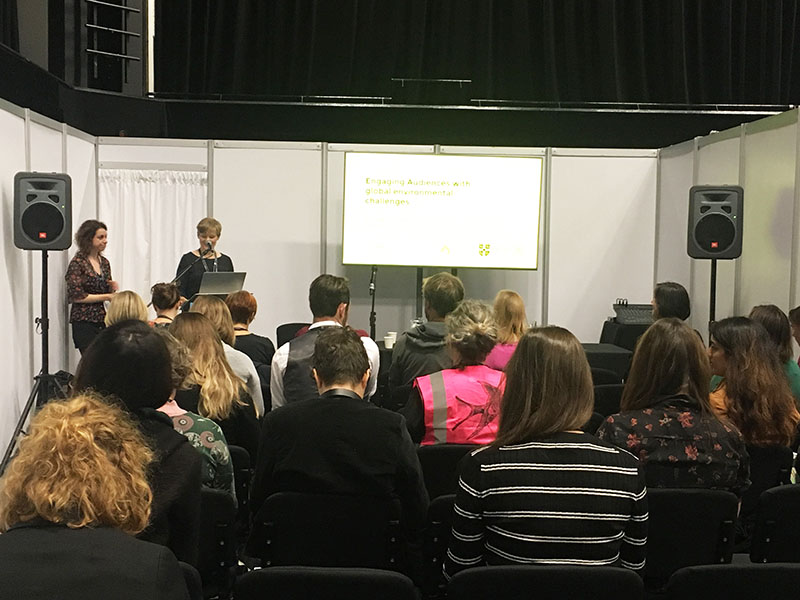
This was my first Museums Association conference and I was really lucky to be presenting part of a seminar on the UCM’s work engaging audiences with global environmental issues. I shared some of the Museum of Archaeology and Anthropology’s work on Pacific Currents, a refurbishment of our permanent Pacific displays and an associated education and outreach programme which aimed to engage audiences with issues like climate change and ocean pollution. The conference gave me an opportunity to think carefully about Pacific Currents and consider what we had done well and where we could still improve. It gave me the opportunity to meet colleagues across the museum sector all doing their best to make museums greener places whether through the way our buildings operate or in the stories that we tell our audiences. The biggest learning point for me was to share what you’re thinking, what you want to achieve and where you think you’re failing, because you never know who else is thinking the same way and wants to help you or join you. I came away feeling supported and inspired and ready to get back to work.

